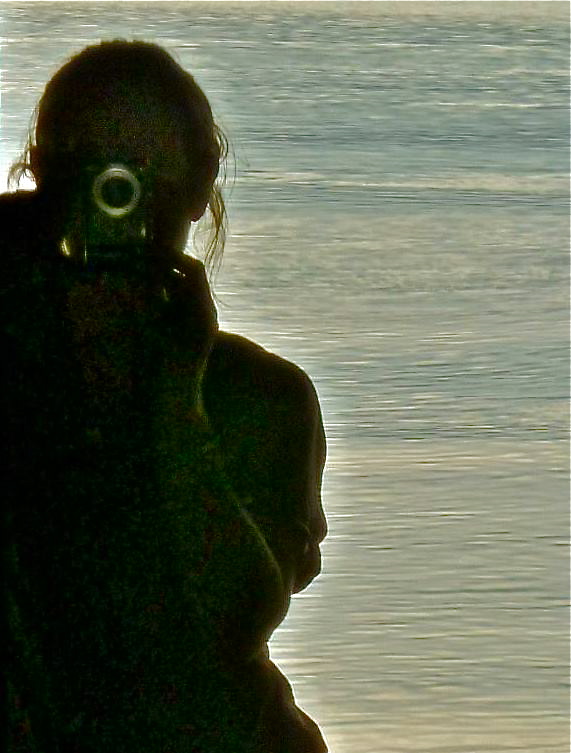For me, a quintessential Australian experience is to walk through open eucalypt forest in the heat of the day, with occasional blue-view glimpses and the loud chirruping of insects and birds. Smell the eucalyptus; feel the heat; squint in sudden sun bursts through the canopy.
Mt Gravatt is less than 10km southeast of Brisbane's CBD. You can see it from the top of Mt Coot-tha in the west and from the Gateway Motorway in the east, and ahead of you when you go shopping at Carindale. From the city centre, it's quickest to take the M3 (Pacific Motorway, from the CBD to Eight Mile Plains*). Turn off on to Klumpp Road, Logan Road, Shire Road and, finally and obviously, Mt Gravatt Lookout Drive. You are immediately in eucalypt forest and climbing steadily to the top.

The Aboriginal name for Mt Gravatt meant 'place of echidna', of which there were once many but not any more. The hill was named by white settlers about 1840 in honour of Lt George Gravatt, who had been a Commandant in Moreton Bay for just three months in 1839.
The first Lord Mayor of Brisbane City Council, William Jolly, was responsible for several civic improvements, including transport (hence the bridge that takes his name) and the acquisition of vantage points that not only citizens but tourists might enjoy. These beauty spots included Mr Gravatt, which had previously been extensively cleared as a timber reserve. Bush regeneration was therefore in order.
This is a term used in Australia to mean the restoration of remnant vegetation areas. In practice, it includes the removal of invasive species and weeds so that the seeds of native plants already in the ground are encouraged; replanting and the introduction of new species; the prevention of erosion; and the continuing protection of native plants. At Mt Gravatt, you will find bloodwoods, ironbarks, tallowwood, grey gums and mahogany eucalyptus, cheese trees (aka button wood) and soap trees (aka Red Ash), with wattles in the grassy, shrubby mid-layer – if you can distinguish between similar-looking trees, that is. (I wish I were better at identification.) There were also fabulous curving ferns.

Unfortunately, the beautification of Mt Gravatt didn't preclude the erection of radio antennae on the summit.

Just look the other way, for a different view of Brisbane's CBD. Further to the north and east on a clear day you can see the Glasshouse Mountains, which you can't from the top of Mt Coot-tha.

Inevitably, everyone's peace was disturbed by the arrival of bogans, who saw fit to leave their flamboyantly decorated ute with windows open and music system blaring while they walked away to have a fag. We escaped down the Summit Track for a little way: mercifully, bogans don't venture far from cars parked.
Mr Gravatt is also the name of a suburb that strings along the Logan Road and displays all the signs of an affliction coined by architect and social commentator Robin Boyd in The Australian Ugliness. The appearance of many commercial and retail areas in suburbs across this land borrows heavily from the very worst of American urban sprawl.


But let's finish on a gloriously green note.

* Even after living in Brisbane for almost two years, I still can't get to grips with motorway numbering. Go to en.wikipedia.org/wiki/List_of_
Australian_freeways#Queensland Brisbane region



